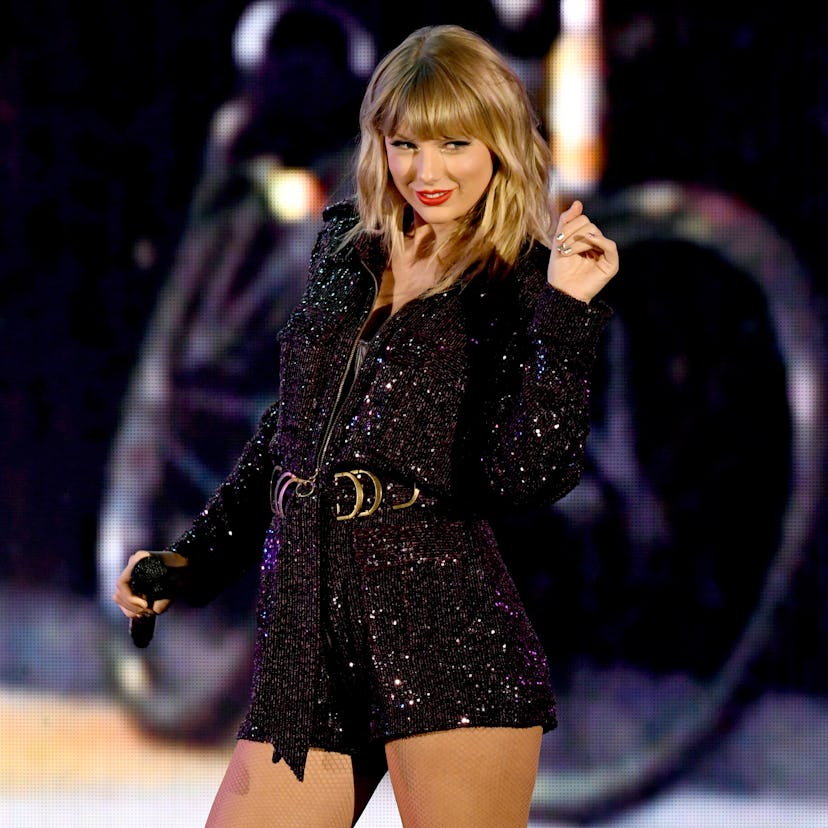Taylor Swift Hasn’t Shaken Off “Shake It Off” Lawsuit Filed By Writers of 3LW Hit
The players gonna play and the haters gonna hate–and they both come back to haunt her.

Taylor Swift’s nagging copyright lawsuit regarding “Shake It Off” lyrics is back. The Ninth Circuit Court of Appeals revived a 2017 lawsuit in which Sean Hall and Nathan Butler, songwriters for 3LW’s TRL-era hit “Players Gon’ Play,” sued Swift for her use of the lyrics “players gonna play” and “haters gonna hate.” Looks like she just can’t shake this one off.
When Hall and Butler initiated legal proceedings against Swift, the star’s team issued a statement saying calling their suit a “ridiculous claim” and “nothing more than a money grab. The law is simple and clear. They do not have a case.”
Judge Michael W. Fitzgerald agreed, and he dismissed the lawsuit in February 2018. “By 2001, American popular culture was heavily steeped in the concepts of players, haters, and player haters,” he wrote at the time. “The concept of actors acting in accordance with their essential nature is not at all creative; it is banal… In short, combining two truisms about playas and haters, both well-worn notions as of 2001, is simply not enough.” Incredible.
But as The Hollywood Reporter reports, on Monday, three judges from the Ninth Circuit concluded that Fitzgerald’s decision regarding players and haters was premature. “Originality, as we have long recognized, is normally a question of fact,” their decision reads. They went on to quote late Supreme Court Justice Oliver Wendell Holmes, who once wrote that “it would be a dangerous undertaking for persons trained only to the law to constitute themselves final judges of the worth of pictorial illustrations, outside of the narrowest and most obvious limits.”
“Justice Holmes’ century-old warning remains valid,” the Ninth Circuit panel wrote. “By concluding that, ‘for such short phrases to be protected under the Copyright Act, they must be more creative than the lyrics at issues here,’ the district court constituted itself as the final judge of the worth of an expressive work. Because the absence of originality is not established either on the face of the complaint or through the judicially noticed matters, we reverse the district court’s dismissal.”
And so Swift will have to head back to court (Hall and Butler seem to have made a rebel of a careless man’s careful daughter). We eagerly await the final decision.